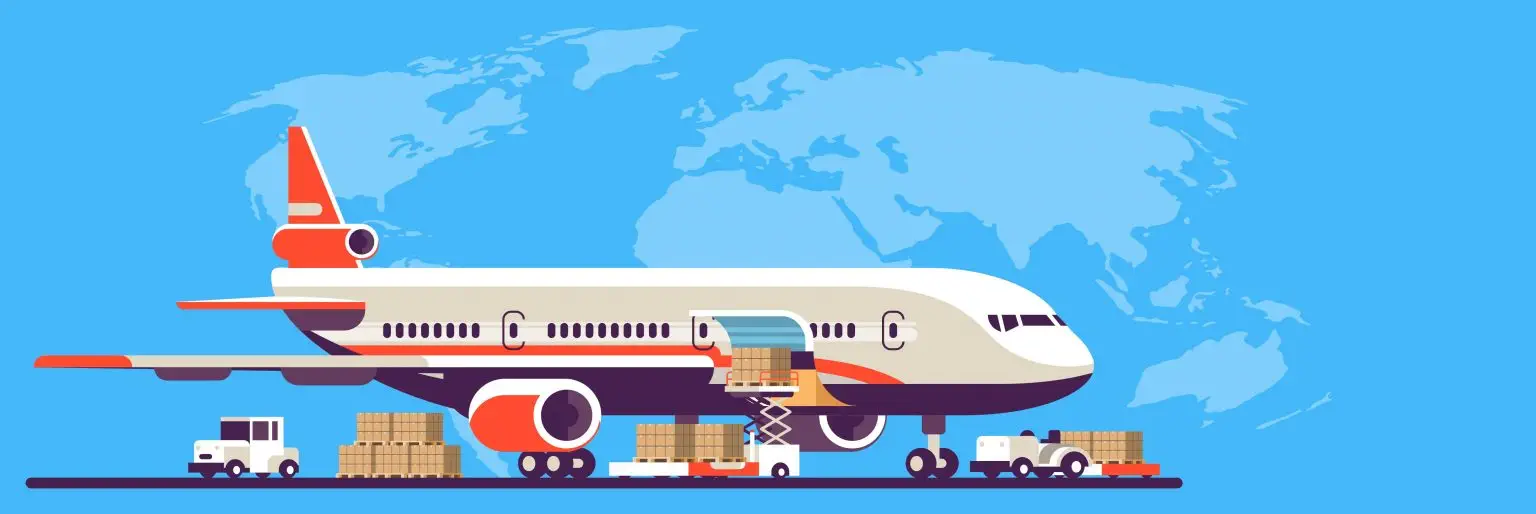
19 Jul Airport cargo community system to achieve end-to-end milestone tracking
Freight forwarders and exporters often see airports as a black hole. Yes, once cargo enters the airport precinct, these stakeholders would hardly get any visibility on the shipment. But the stakeholders on the air side too face challenges such as redundant data entries, revenue leakage and regulatory delays. Due to such issues, shipments either go missing or are delayed for departure. To thwart this issue, industry experts are insisting on a transparent and smart mechanism to keep all stakeholders informed on every single shipment movement.
An IT solution powered by cutting edge technologies such as IoT, blockchain and artificial intelligence/machine learning is the way ahead. An airport cargo community system is the right solution, which is a proper confluence of all these cutting edge technologies.
How is an airport cargo community system the most powerful tool?
The airport cargo community system will create a fast lane for pristine paperwork and prevents those bearing incorrect paperwork from causing delays and other inefficiencies. Yes, it enables the generation of digital documents and exchange through digital means. Documents such as air waybills and manifests are churned out electronically and the status of approval can be tracked end-to-end. Most importantly, IATA recommended EDI messages like FHL, and FWB are triggered on completion of a task.
Since the pandemic outbreak, cargo community systems are in high demand
Since January 2020, every air cargo stakeholder is eyeing a strategic transformation. Now, most of them have accepted that remote working and paperless trade are mandatory to save the lives of the workforce who voluntarily give up the risk factors and appear to work only to keep the supply chain active. According to a WHO study, the virus stays on paper for 72 hours and with this, the field workers are at risk of contracting the virus.
Also, data security, compliance control and becoming future ready are among the few reasons why airlines, ground handlers, forwarders, customs brokers, and others chose to use cargo community systems. Some of the leading handlers and airlines in the Middle East, Africa, Europe, and North America have seriously considered and implemented community platforms.
e-Commerce exodus & air cargo
In addition to this, the rise of e-commerce is another reason why the demand for cargo community system has rose. Since the pandemic outbreak there has been a significant rise in e-commerce buying. Especially, the need to procure authentic products has enabled retailers to quickly switch to e-commerce and enable rapid delivery through air cargo. Therefore, both e-commerce and air cargo are complementing each other’s growth trajectory.
How cargo community systems are enabling milestone tracking?
Nearly 79 percent of air cargo stakeholders believe they have limited to zero visibility on cargo movement. A cargo community system encourages communication among stakeholders on the land side and air side. It also empowers all stakeholders to interact with each other to curtail the complexities involved in manual and legacy systems. Just by eliminating the communication bottleneck, a significant amount of complexities can be reduced.
Some key features of milestone tracking in the airport cargo community system
IATA recommended EDI messaging
Not all service providers offer IATA recommended EDI messaging. But, certain organizations with 100 percent multi-modal capabilities do offer IATA recommended EDI messaging service which is now slowly becoming a norm across the globe. For example, once the freight forwarder makes an entry in the electronic dashboard, the same can be triggered as an EDI message to the next stakeholder who is responsible to move the cargo ahead.
Pre-alerts
A Handler might not be aware of a truck arrival and the trucker might not be aware of congestion at the airport complex. Hence, they both require a common mode of communication. A community system will enable a slot booking system through which a transporter can intimate the terminal operator or ground handler before leaving the shipper’s warehouse. Hence, the handler can gather the required resources to handle the incoming cargo. This way, there will be little or no truck congestion.
Status made available to all
If in case a cargo is stuck at one stakeholder’s end, it will be known to the rest involved in the process. This is possible because most of the cargo community systems today are powered by blockchain and artificial intelligence. Hence, transparency is inevitable.
Wrapping up
In all ways possible, a cargo community system is the right tool to track shipment movement and overcome limited to zero cargo visibility. While leading airports across the globe have already benefitted from this, other airports are yet to experience the power of the cargo community system. Once every single airport adopts this technology diligently. With features such as pharma tracking, e-payments and milestone tracking, the airport cargo community system is enabling smoother, safer and faster operations.
